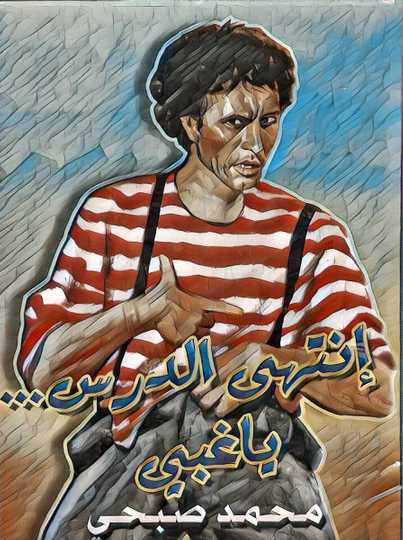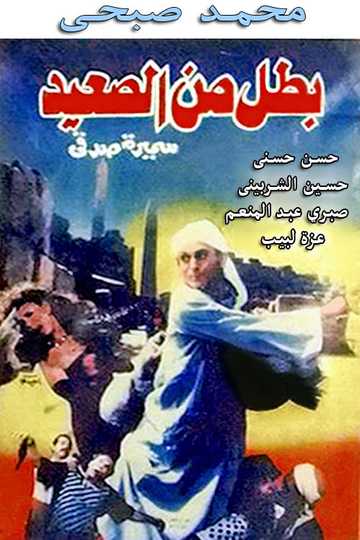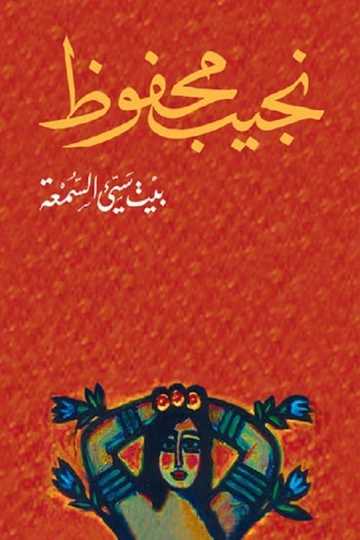Mohamed Sobhi Biography
Mohamed Sobhy is an Egyptian actor, writer and director who was born in Cairo in 1948. At a young age he was known for his talent of imitating famous artists; “Youssef Wahby, “Abu-Lam’a” and “Ahmad al-Haddaad”, a talent that paved his way to join the famous radio entertainment program “Saa’a le-albak i.e. An hour for your heart”. His unique artistic talent first appeared during his final exam at the High Institute of Dramatic Arts in 1967 when he played Hamlet, graduated with honors and was appointed demonstrator.
He later wrote, starred and directed in his own theatrical version of Hamlet. Thus, his name was added to the British Encyclopedia, the most famous international encyclopedia. He started his career playing minor roles in stage plays with famous stars like Salaah Mansour, Fou’aad al-Mohandess, Hassan Youssef, Muhammad ‘Awad, Muhammad Negm and others.
Although he played small roles, yet his appearance attracted audience and gained the admiration of those whom he worked with for his undeniable talent. His first, small but significant, role in “Hello Shalaby (1970)” was one of his most known achievements at the time. His lead roles started with ” Entaha al-dars ya ghabi i.e. Lesson is over, stupid”.
Then, followed his roles in “’Aly Beih Mazhar. i.e. Mr. Aly Mazhar”, “Hamlet”, “Al-jokar i.e. The Joker”, “Al-hamagy i.e. The barbarian”, “Weg-het nazar i.e. A point of view”, “Mama America”, “Le’bet al-sett i.e. A woman’s plaything”, “Carmen”, and other Naguib El Reehany plays that he produced in the late 90's and early 2000's.
Among Sobhy’s popular TV series are: “Aly Beih Mazhar. i.e. Mr. Aly Mazhar”, “Kimo”, “Rehlet al-million i.e. The journey to be a millionaire”, “Sonbol baa’d el Million i.e. Sonbol..A millionaire”, “Yawmeyyat Wanees i.e. Wanees days” (seven seasons) and “Faares bela gawaad i.e. A knight without a horse”. On the silver screen, Sobhy was widely noticed in “Abnaa al-samt i.
e. Sons of silence, and his critically acclaimed role as an activist student in the political drama “Al-Karnak.”
































